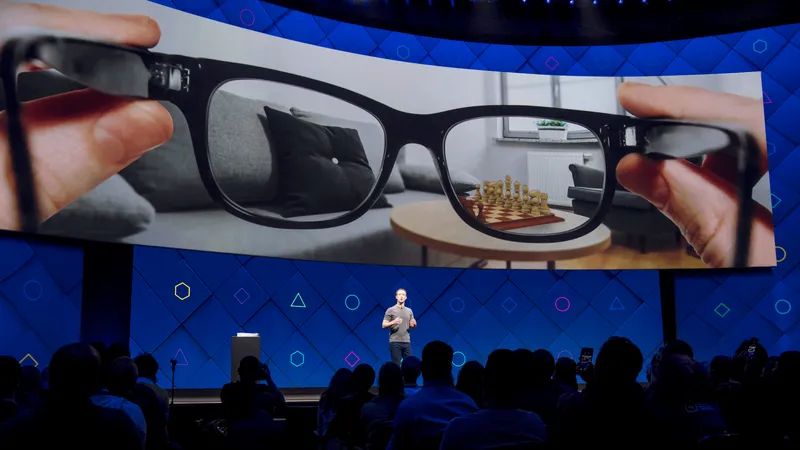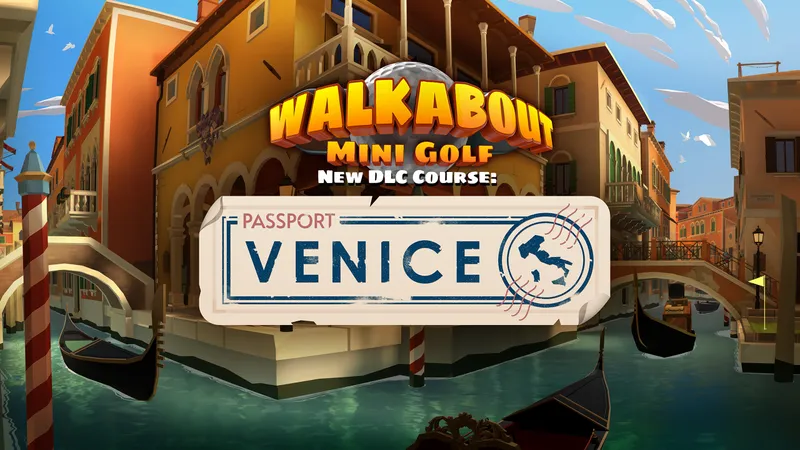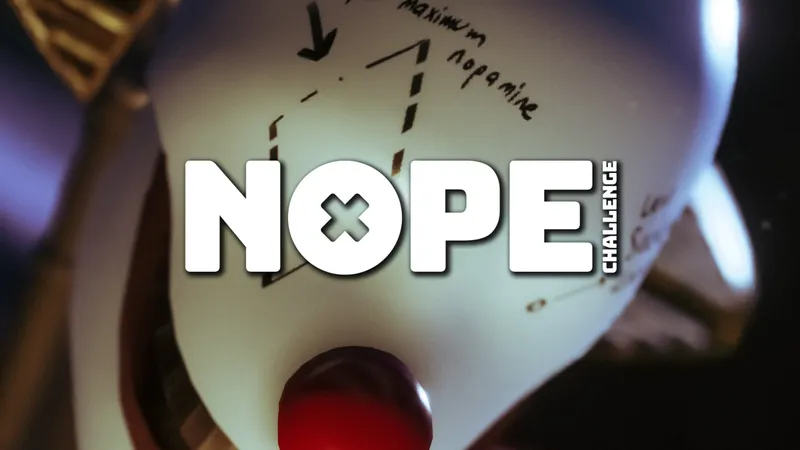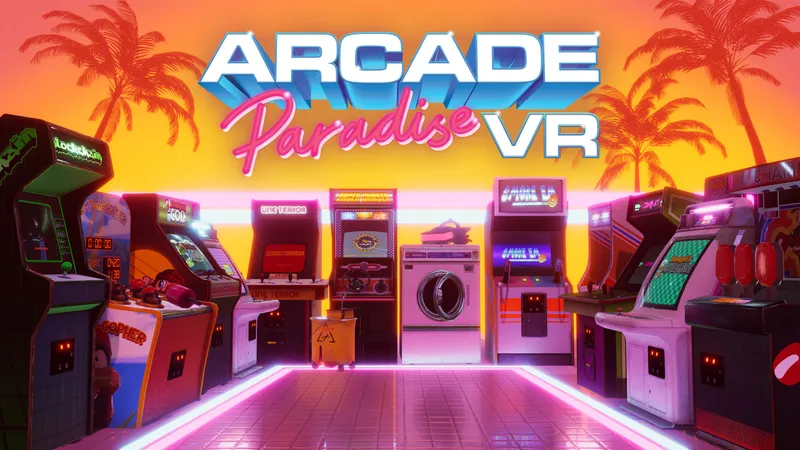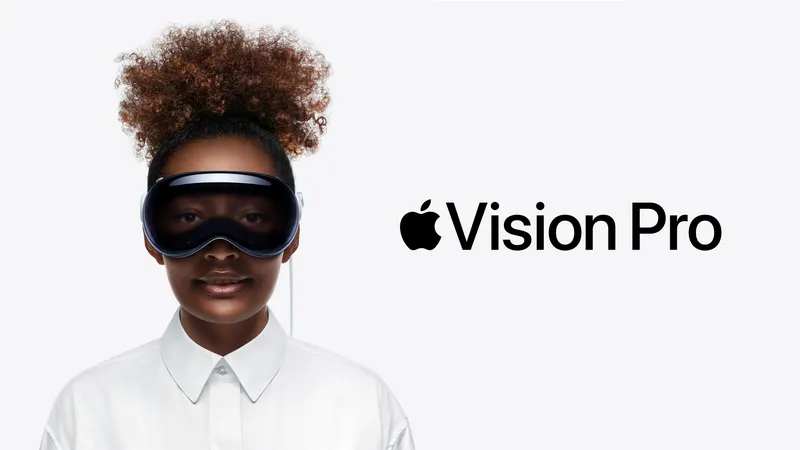Facebook revealed Oculus App Lab this week, a non-store distribution path for VR developers to make their games easily accessible to consumers even if they’re not fully ready for the official store. This will allow for demos, paid Early Access content, and more experimental apps you wouldn’t find on the main store.
When the service launched this week it debuted with 12 new VR games and apps from indie developers. After trying them all we reached out to those developers and others in the indie VR community that are submitted their projects to App Lab to gain some insight into what the process is like and what developers at the forefront of its launch think about the future of Quest and VR as a whole.
QUESTION: Why do you think App Lab is an important avenue for developers to have? Is this a significant new feature?
Azad Balabanian, Puzzling Places & realities.io (out now on App Lab)
The most notable change that App Lab has introduced is streamlining the process for people to install games and apps that aren’t on the official Oculus Store without going through the hassle of creating a developer account and sideloading apps. These “concept” apps are also represented alongside official App Store apps in the Library instead of being hidden in the “Unknown Sources” section.
It has also created a more direct avenue for developers to publish “concept” versions of their games/apps in the hopes of gaining approval to be able to publish in the official Oculus Quest Store that is more grounded in numbers and analytics instead of it being solely up to Oculus.
Diego Martin, Crisis VRigade and Crisis VRigade 2 (both out on App Lab)
In VR, Quest it’s the most important and growing market nowadays, so a way to include Apps without a strict curation process is an incentive to all the indie developer community.
Eric Thullen, Ancient Dungeon Beta (out now on App Lab)
In my opinion this is a significant feature as it basically removes the hassle of installing apps that have not yet been accepted into the official store. Everyone will be able to quickly install new apps and the barrier of entry is significantly reduced. I think developers will see their user base grow because of that.
Greg Dziemidowicz, MarineVerse Cup (out now on App Lab)
For us, it’s a way to develop our app in “Early Access” process. It’s not for everyone, but in our case we have an existing community and an organic demand via Google Search, so being able to directly monetize on Oculus Quest platform is a big deal. Also, our users will be able to install directly without SideLoading, which is again a big deal, as not everyone in our community is comfortable with SideLoading.
Mr. Potam, Smash Drums VR (out now on App Lab)
I think it was definitely the missing piece in the indie VR dev arsenal, if you wanted to make a commercial game. For my demo, as a paid app, I didn’t have to suffer going through itch.io, but I can imagine how clunky it could have been for non-US residents devs (tax wise). The ability to get your revenue from Oculus and their EU-based subsidiary is HUGE!
Apart from that, and the ease of use for players who want to download the demo, I love being able to use Oculus Platform services, especially the leaderboards, and being able to have “login free” leaderboards, whereas traditional SQ apps featuring non-anonymous leaderboards had to handle an additional sign-up process.
Gerald McAlister, Play Bunker
The hope going forward with App Lab for us is that smaller, more experimental games from us can now be launched to a much wider audience. Previously, we’ve held off on these since it was hard to determine if we would be able to make money from them, which has really hindered what we’d experiment with. Going forward, we expect to see a lot of new games and experiences thanks to the fact that developers can now reliably make money!
Blake Gross, Rhythm ‘n Bullets
Sideloading caused a lot of friction in getting users to play or even test our games. The ability to have access to release channels alone is huge in enabling us to iterate quickly on the games we’re developing. Additionally, we now have access to the Oculus Platform API’s, which means we can start developing on them early for things like multiplayer or leaderboards rather than having to seek out third party solutions.
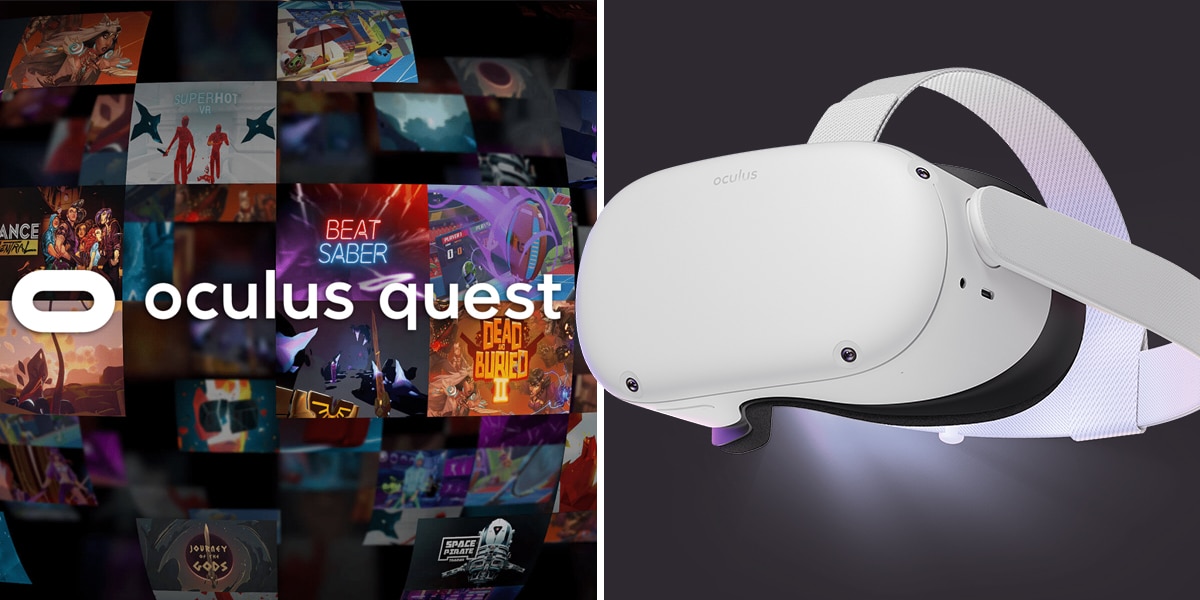
QUESTION: How was the process of getting an app onto App Lab versus the traditional store versus SideQuest?
Azad Balabanian, Puzzling Places & realities.io (out now on App Lab)
On the technical side of things, getting an app published on SideQuest and App Lab are similar.
To publish on SideQuest, you need to provide a build for them to test, a listing with a logo, screenshots, banner, description, etc. Typically the approval process only takes a day or two and the SideQuest developers are very approachable to discuss any issues that might come up. They also allow for developers to publish unlisted apps (which we use for internal testing purposes).
With App Lab, the requirements are similar to SideQuest but might be more demanding with the quality of content that they’ll want to host. They have more requirements for visual assets, such as the logo in various sizes and aspect ratios, specific amount of screenshots, a trailer, etc. Their technical requirements are also a bit tighter to make sure the experiences run at performance. It’s not unlikely that there will be a lot more apps and experiences published on SideQuest than on App Lab in the long run.
As for publishing to the Oculus Quest Store, I think the requirements for publishing are even higher. We are still working on getting approval to publish the Puzzling Places game on the official store, so we hope Puzzling Places – Beta will help us get one step closer to that goal.
Diego Martin, Crisis VRigade and Crisis VRigade 2 (both out on App Lab)
We find it very similar to getting in the traditional store. The only disadvantage I see is about the review time it takes the Oculus people to validate each change you make to the store: price, description, new update, store screenshots… it can be from 2 days to 2 weeks, and sometimes it feels very long. At Steam for example you have to pass a review the first time you upload your game, but all the following updates just pass straight forward.
Eric Thullen, Ancient Dungeon Beta (out now on App Lab)
In general the process was more involved because Facebook has a few quality requirements that an app has to pass before being accepted. Stuff like consistent framerate, no crashes, etc is required. This makes it a bit more involved compared to just releasing on SideQuest which has a lot less requirements. Also, the verification of the app takes a lot longer than on SideQuest. I’d say it’s around 1-2 weeks from submission until it is accepted, compared to SideQuest which is mostly just one day of waiting.
Greg Dziemidowicz, MarineVerse Cup (out now on App Lab)
It’s similar, however requirements required to pass the Store Review are less strict. Otherwise, you are using the same tools/platform you would use to submit a normal app to the Store.
Gerald McAlister, Play Bunker
So we have been working on Play Bunker for about 9 months now, and originally started it on the Oculus Rift using Oculus’ Platform APIs intensively. We then optimized it for the Oculus Go, but shuttered that when they shuttered that store. Thanks to those optimizations + our previous work on the Oculus Rift however, we were able to get an alpha build up on the store within 30 minutes and test it. We haven’t submitted it to the public App Lab yet, but we can let you know how that goes once it’s done.
Blake Gross, Rhythm ‘n Bullets
SideQuest allows most content on their platform, regardless of quality. App Lab has stricter requirements around app quality, especially via their VRCs. We were fortunate that our game was already configured to pass most of the VRC’s from our earlier release on Rift, but if a SideQuest developer wasn’t adhering to those guidelines, it would be more work to get on the platform.

QUESTION: Why do you think this is important for consumers?
Diego Martin, Crisis VRigade and Crisis VRigade 2 (both out on App Lab)
It’s an easier method for them (us). And as the apps appear in the main list feels more reliable than sideloading (under “unknown sources”).
Eric Thullen, Ancient Dungeon Beta (out now on App Lab)
I think it’s important for consumers because they are able to experience a lot more experiences on their Quest than before. Since they’re not limited to the highly curated store anymore, they can find a lot more potential games and experiences that interest them.
Greg Dziemidowicz, MarineVerse Cup (out now on App Lab)
More diverse range of apps will be available. It will be easier and safer to get those diverse apps. Overall, we should see a lot of “niche” apps that would not be accepted yet on the mainstore, but will be no available to consumers via a direct link.
Mr. Potam, Smash Drums VR (out now on App Lab)
Many consumers didn’t want to sideload, or were afraid of it. And I understand them. From now on, they now have the option to discover new experiences, so it’s a big plus for everyone.
Gerald McAlister, Play Bunker
This will ultimately see a huge influx of new games and apps for everyone, and make them much easier to access than before. Whereas developers previously needed to host their titles on their own servers, Oculus is now able to host it for developers, meaning that you can install it without ever connecting your headset to a PC. This opens the doors to a whole new set of experiences that Oculus might not normally take the risk on!
Blake Gross, Rhythm ‘n Bullets
For one thing it’s just easier. Like we mentioned, even convincing close friends to sideload our games was tricky, so having an official release function makes sharing apps and games in development much easier. Additionally, Oculus is a trusted store for consumers, whereas buying an apk to sideload itch isn’t something that most consumers are familiar with. We hope this leads to more discoverability of apps and games that customers would be able to experience otherwise.
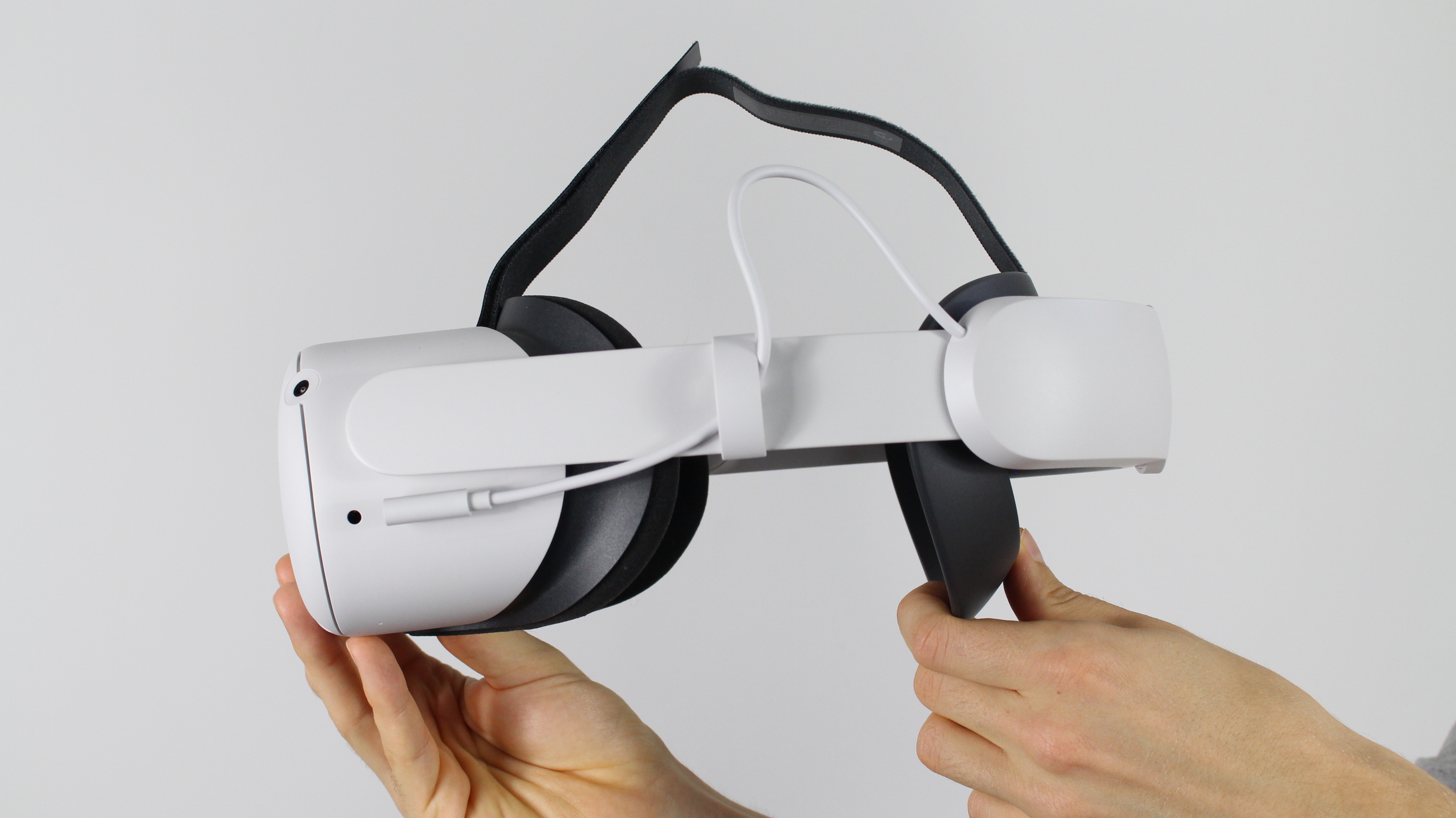
QUESTION: Do you think this will have a net positive or net negative impact on the overall quality of VR apps/games released?
Azad Balabanian, Puzzling Places & realities.io (out now on App Lab)
It’s definitely a net positive for the Quest users to have access to more content with less hoops to jump through. We’ve had to walk our parents through signing up for an Oculus Developer account just for them to be able to sideload the app and play our game, realizing how daunting that still is for a more general audience. We’re certainly happy that that’s changing.
In terms of overall quality of content, we truly hope that the impact that App Lab has for the Quest content ecosystem is for more interesting and unorthodox ideas to be able to publish on the Oculus Quest Store.
SideQuest played an extremely important role over the last two years in providing Quest users with a plethora of new and experimental content to play, especially at a time where the Oculus Quest Store content library was quite limited. SideQuest also became an incredible way for developers to publish concepts and prototypes to gain real-world validation of their unproven ideas before committing to years of development. This was definitely a pivotal element for the development of Puzzling Places.
Overall, we hope that App Lab heralds a more open and explorative time for Oculus Quest in general, making more room for novel ideas and giving players a voice in what they want to see on the Oculus App Store.
Diego Martin, Crisis VRigade and Crisis VRigade 2 (both out on App Lab)
The more the merrier and I think it’s better to leave up to the player choosing what they like more. I’m sure there are a bunch of very successful games that none curator would have bet for. And having some technical bar to pass sometimes playing games it’s not as much about quality as it is about fun.
Eric Thullen, Ancient Dungeon Beta (out now on App Lab)
I think the quality will remain the same as before (in the beginning at least). The games will still be advertised from other sources such as SideQuest, and the AppLab basically just makes the installation easier so I don’t think it will have a big impact, since developers were always able to publish what they want via Sideloading. What I do think however, is that basic requirements that Facebook checks (like constant framerate, etc) will potentially give all apps a minimum quality bar that they need to pass.
Greg Dziemidowicz, MarineVerse Cup (out now on App Lab)
It’s probably a good middle ground. For consumers looking for “polished” apps, the main store is the place to be. Some of the App Lab apps will be probably very polished, just niche. Others, like MarineVerse Cup – will be still in development. But consumers will have more choice, and those who would enjoy being part of the development process ( enabling users to provide feedback and influence direction ) – will be able to do it.
Mr. Potam, Smash Drums VR (out now on App Lab)
I have no idea, and can think of as many reasons it would go one way or the other. But I’d be willing to think it will be positive overall for the Official Store: when more games come out on the App Lab, I’m sure some will stand out and I believe that it will create new standards of quality, even for “official store” games. “Look, App Lab can do this, so you have to align!”
Gerald McAlister, Play Bunker
This is something we’ve been having intense discussions about for the past week now, and I think it depends: On the one hand, Oculus does let developers choose their own pricing (though they will make recommendations too if they think it should be priced differently). This introduces the risk of seeing the store flooded with shovel ware. On the other hand, because they aren’t being marketed by Oculus, this means that bad games won’t have good visibility.
This also makes websites like SideQuest, UploadVR, and Road to VR even more important, as they will be the gatekeepers for quality. I think the ultimate way this will be decided is based on how those 3 sites in particular choose to focus what content is shown off.
Blake Gross, Rhythm ‘n Bullets
Definitely a net positive. Having an avenue that is official will allow more smaller VR titles to get the attention they are missing. Additionally, the Oculus Quest review pitch process is notoriously difficult to pass; this definitely seems like it can help even the playing field and provide a new path to even wider distribution.
Are you a VR developer that’s working on something for Quest you have submitted or plan on submitted for App Lab? Let us know down in the comments or shoot us an email at tips@uploadvr.com!


